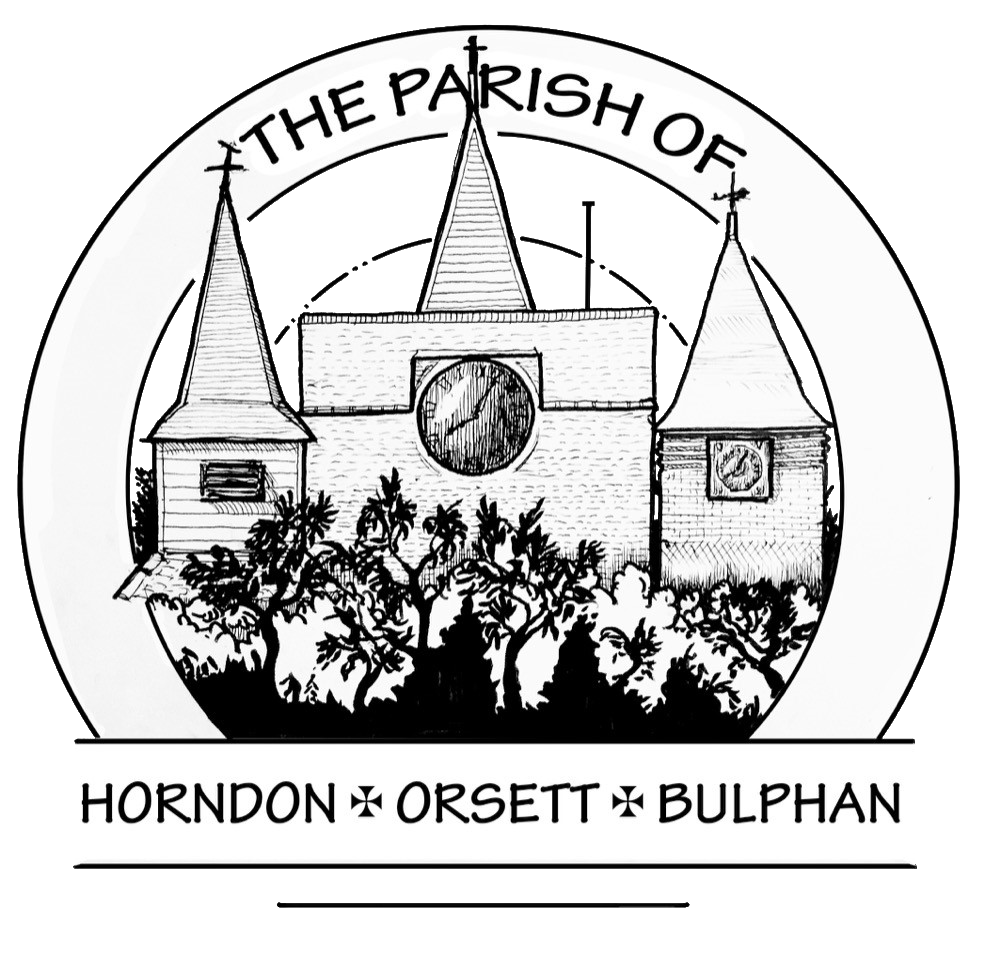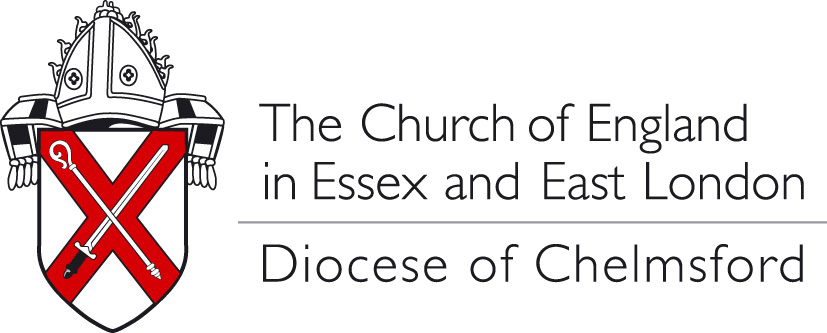As I write this, we have just celebrated Mothering Sunday in the Parish.
Mothering Sunday happened to coincide with me having just finished a book entitled, ‘The Lightless Sky: My journey to safety as a child refugee.’ It is the true story of Gulwali Passarlay, part of whose account I had heard last year at the Greenbelt Festival where we attend as a family annually and where he had been invited to speak.
Gulwali, a Muslim, was sent away from Afghanistan by his mother, at the age of twelve, after his father was killed by the US Army. The story tracks his twelve-month journey to the UK. During this period, he spent time in prisons, suffered extreme hunger, endured a terrifying journey across the Mediterranean in a small boat and got separated, on many occasions, from the acquaintances he had made on the way. He spent a desolate month in the rat-infested ‘Jungle’ at Calais, suffered burns on his face from trying to board a lorry loaded with chemicals in order to cross the Channel and finally made it here in the back of a refrigerated banana truck, mercifully the refrigeration having been turned off.
When Gulwali arrived in the UK, although he was, by this stage, thirteen, the authorities didn’t believe him and thought he was older than sixteen, so initially he didn’t get the support he needed. Eventually he was put into foster care and went on to achieve ten GCSEs, three A levels, won a place at university and was chosen to carry the Olympic torch in 2012. He now works as an ambassador for child refugees in this country.
I am guessing that, for most of us, it is hard to imagine the horrendous living situation which would drive a mother to send her son on a treacherous journey like this. But the reality, which is sadly that of many people in our world right now, became apparent as I read this book, which was profoundly moving; Gulwali was one of the few fortunate survivors. Throughout this story, Gulwali retained his Muslim faith and spoke of praying to God, on many occasions.
This true story has parallels with the Easter Story which we will be celebrating this month, where Mary, the mother of Jesus watched as her son was mocked, tortured and handed to the Roman Authorities before being crucified but who, ultimately, rose again in glory.
Many people have asked me recently, as a priest and a person of faith, what my view is on refugees and asylum policy as it has made headline news. I have always said that, as a Christian, a follower of the risen Christ, I think we should, as I believe Jesus would have done, respond compassionately, he himself being a refugee. However, I must confess I feel I have often responded inadequately because of my lack of first-hand knowledge of refugees and asylum seekers and their situations. When we read newspapers, they are usually written in a way to influence us one way or another. But this book was an honest account of how it was, not just for one person, but for the many people that this young boy encountered on his traumatic journey, and I found it an extremely informative albeit harrowing report.
I am writing these words to encourage you, before making up your mind on any situation, to offer it to God in prayer, to consider what Jesus would have to say on the matter, to be prepared to listen to the real-life stories of people and the opinions of others and, ultimately, to be prepared to be challenged and to stand up for what you believe, as a person of faith, to be right.
And, as we walk through Holy Week, encountering both the pain of the crucifixion on Good Friday and the hope and joy of the Resurrection, let us remember that Jesus Christ came to offer love and forgiveness for all.
I look forward to seeing you over the Easter Period.
Take care and God bless,
Sue

